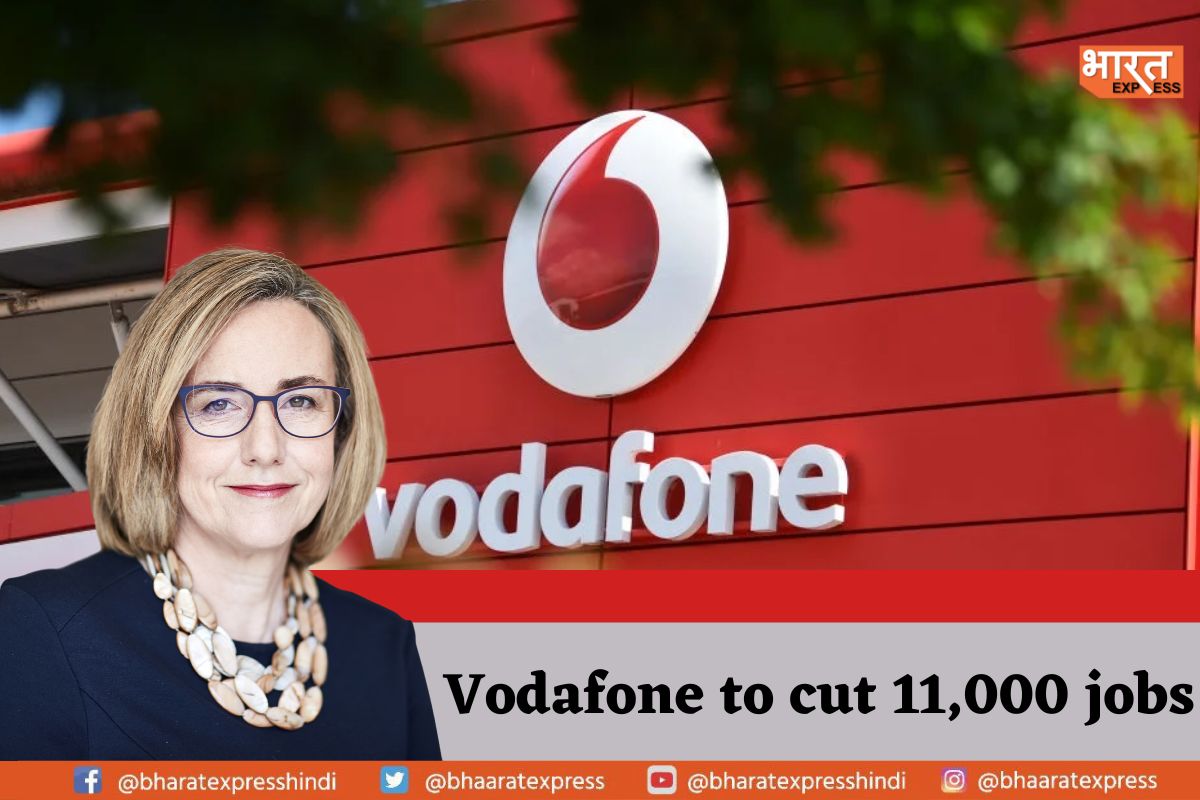
Vodafone is gearing up to join the ranks of several companies that have laid off their employees. The new boss of the telecom service provider, Margherita Della Valle said on Tuesday that she will cut over 11,000 jobs over the course of three years in order to streamline the telecoms group and reclaim its competitive edge as it anticipated a 1.5 billion euro decline in free cash flow this year.
One of the most well-known corporate brands in Britain, Vodafone employs about 100,000 people throughout Europe and Africa and the job cuts are going to be the largest in the company’s history.
Della Valle was permanently appointed as the CEO of Vodafone last month. ’Our performance has not been good enough,” she said. The new CEO further added that her priorities are “customers, simplicity and growth.”
Speaking of, the company dropped to its lowest level in the stock market since January. Vodafone opened 4.5% lower, which was the biggest faller for the company in FTSE 100. According to Matt Britzman, equity analyst at Hargreaves Lansdow, people have been expecting lacklustre performance from Vodafone of late. He also said that the full-year results also did not break the trajectory.
Vodafone announced that it would generate 3.3 billion euros ($3.6 billion) in cash this fiscal year, down from 4.8 billion euros in the year to the end of March 2023, underscoring the pressures on the business. Analyst predictions called for 3.6 billion euros.
Pressures in Germany and higher energy prices caused Vodafone’s group core earnings for the year to end-March to decline by 1.3% to 14.7 billion euros, falling short of its own forecast. According to Vodafone, the European telecoms market has historically provided a poor return on the money spent on networks, and over time, its relative performance has gotten worse.
Rivals and activist investors have also criticised the British group for being cumbersome and slow to adapt to market changes.

















